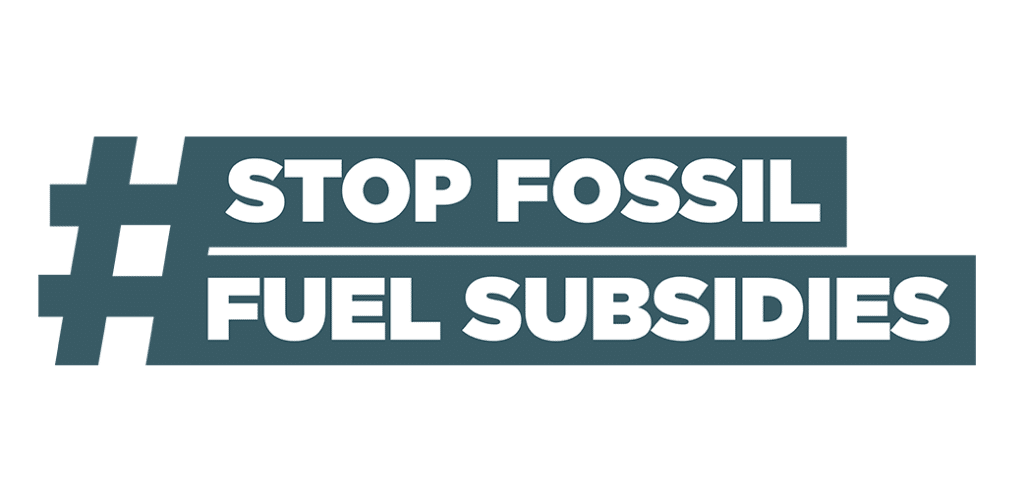
Brussels, 21 February 2023:- While the European Commission has just published the EU Action Plan: Energy transition of EU fisheries and aquaculture, NGOs criticised its lack of ambition, and the absence of concrete actions and strong guidelines – that would enable EU Member States to drive the process of decarbonisation of the fishing sector [1].
The urgent decarbonisation of the sector
The European Commission’s Energy Transition plan for EU fisheries comes as an important response to ongoing failure by EU Member States and the fishing industry to commence the much-needed decarbonisation of the sector.
The European fishing industry directly emits about 7.3 million tons of CO2 annually – about the same amount as Malta – by burning 2.3 billion litres of fossil fuel to power its engines. The carbon stored by the top layer of marine sediments is nearly double the amount contained in all terrestrial surface soils, but destructive fishing gears like bottom trawling disturbs and resuspends the carbon stored in the seabed and may be released back into the atmosphere.
A lack of strong guidelines
ClientEarth, Our Fish, Seas At Risk and BLOOM found that while the EU Action Plan lists actions facilitating dialogue and exchanges among scientists, decision-makers and industry, it fails to provide clear actions that would require Member States to set transition targets and redirect financing towards the energy transition.
“The proposed EU Action Plan is more of a discussion paper than an Action Plan. What is fundamentally needed to drive the decarbonisation of the EU fishing sector is an economic incentive to drive it, while issuing a financial penalty for failing to do so. The EU and the Member States must eliminate all fossil fuel subsidies in the revised Energy Taxation Directive and the European Maritime Fisheries and Aquaculture Fund (EMFAF) must be updated to require that at least 35% of any support goes to transitioning to low impact and low carbon fishing – anything less is gross hypocrisy,” said Rebecca Hubbard, Program Director at Our Fish.
“The energy crisis has exposed a lack of planning and vulnerability in the EU fishing sector, and has stressed the need to move even more quickly and strategically away from business as usual. EU funds and national funds must not be used to subsidise fuel for fishing vessels – it contradicts the pursuit of the energy transition, which is being driven at in parallel. The European Commission must provide EU Member States with strong guidelines on how to support the transition, how to move away from energy-intensive and destructive fishing practices and how to direct EU funds and national State aids towards the goal of decarbonisation. Small-scale and artisanal fishers should be supported as a matter of priority in the decarbonisation process.’” said Flaminia Tacconi, Senior Lawyer at ClientEarth.
Decarbonisation must not be an opportunity to maintain destructive fishing methods
“Directly or indirectly subsidising fossil fuels for fisheries can no longer be justified in the context of the climate emergency. Bottom trawling, among the most destructive fishing techniques – acknowledged as such by the European Commission in its marine action plan published today – is not only highly fuel-intensive but also releases sequestered carbon from the seabed and interferes with the carbon cycle. While the energy transition plan fails to address the urgently needed move away from this fishery, an encouraging step in the European Commission’s proposal in the Marine Action Plan is its plan to assess the impact of bottom fishing on the release of CO2 from the seabed in order to have a realistic knowledge of the CO2 emissions released by fishing activities”, said Monica Verbeek, executive director of Seas At Risk.
“We have identified dangerous caveats in the European Commission’s Communication on the energy transition of the fishing sector which has apparently not learned the lesson from the scandalous cases of electric fishing and demersal seining: the decarbonisation of the fishing sector must not be used as a new Trojan horse by industrial lobbies to perpetuate destructive methods. Equipping trawlers with electric engines or “the adoption of ‘flying’ or lighter trawl doors that reduce drag” are a fraud, said Valérie Le Brenne, Project manager at BLOOM. “At this stage, the Commission’s action plan is clearly geared towards maintaining industrial and large-scale fisheries rather than preserving small-scale coastal fisheries, which are the most selective and sustainable, and the most likely to move quickly to a low-carbon model”, she adds. “It’s a shame”.
“To remedy this, the European Commission should analyse EU member states’ application of Article 17, which requires states to allocate quotas based on environmental, social and economic criteria, and propose example criteria including seabed impacts and CO2 emissions, to incentivise the transition to low-carbon fishing, with targets and timelines. Existing active EU fishing fleet capacity should not be increased during the process of adopting new technologies”, added Rebecca Hubbard [2].
ENDS
Contacts:
Dave Walsh, Our Fish press@our.fish, +34 691 826 764
Diane Vandesmet, ClientEarth, DVandesmet@clientearth.org; +32 493 41 22 89
Notes:
[1] EU Action Plan: Energy transition of EU fisheries and aquaculture
[2] Common Fisheries Policy Regulation TITLE II, Specific measures, Article 17
Article 17 requires Member States to allocate fishing opportunities using transparent and objective criteria with a focus on social, environmental, and economic criteria, including for example, the use of fishing gears with low environmental impact and reduced energy consumption.
https://eur-lex.europa.eu/legal-content/EN/TXT/HTML/?uri=CELEX:32013R1380&from=EN
27/10/21: EU Holds Key To Just Transition to Low-Carbon, Low-Impact Fishing Industry – Report
In this report, How the EU can Transition to Low Environmental Impact, Low Carbon, Socially Just Fishing, published by the Our Fish Campaign and Low Impact Fishers of Europe (LIFE) finds that by activating Article 17 of the Common Fisheries Policy (CFP), and allocating fishing quotas based on transparent and objective criteria of an environmental, social and economic nature, the EU can achieve a just transition to a low-carbon, low-impact fishing fleet.
Website: https://decarbonisenow.eu/
